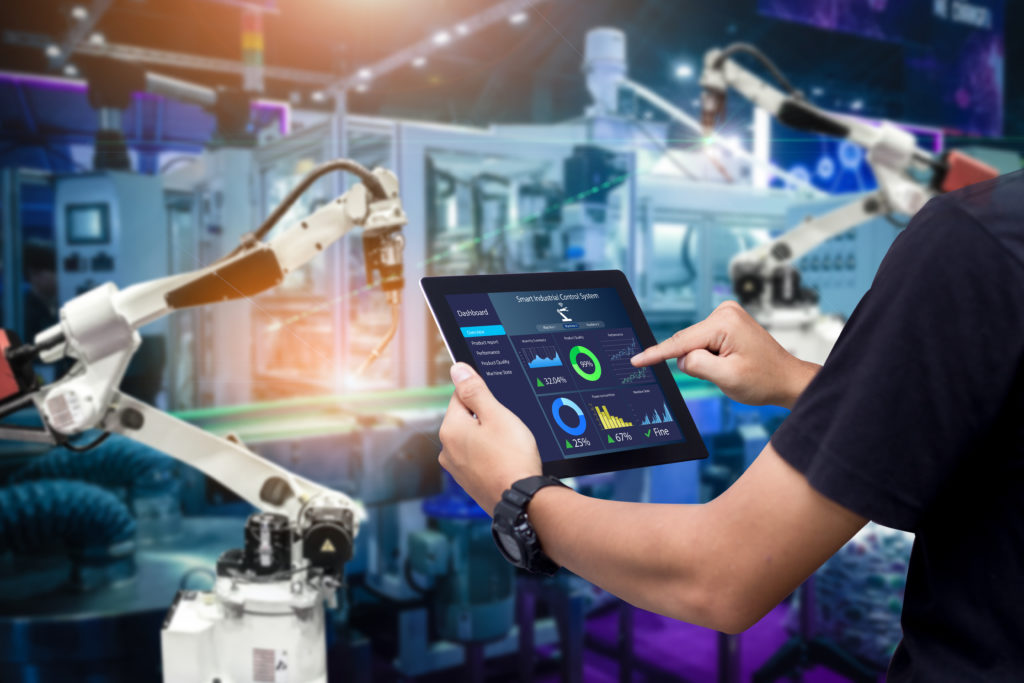Baby Boomers are retiring in record numbers. The Manufacturing Institute estimates that as many as 2 million manufacturing jobs will go unfilled by 2025. Why? Because millennials – those born between 1981 and 1996 – haven’t considered manufacturing a viable career option – in large part because they’ve viewed the industry through an outdated lens provided by society and their parents.

The good news is that with a bit of effort, manufacturing companies can continue to debunk the myths that exist about manufacturing (and skilled trade in general) and introduce them to a new generation for the outstanding career opportunity that it is.
Here are some tips for recruiting millennials to the manufacturing workforce:
-
Use technology to promote a more tech-savvy manufacturing industry.

Millennials are all about technology so incorporate it in your recruiting. Instead of the typical, run-of-the-mill job posting, use social media platforms, videos, and virtual reality to show them a day in the life of an employee at your company. Let them see firsthand the dynamic factories of today, where innovation and cutting-edge technology flourish. While you may not feel like your company has taken the “digital plunge” yet, most companies embraced at least some “new” technologies during the pandemic. Things like virtual meetings (e.g., Zoom) and remote monitoring of factory equipment quickly became lifelines to operating the business.Like it or not, cell phones and tablets are like an appendage to people these days, especially millennials. Asking them to refrain from using mobile devices during the workday could drive them away. Instead, take advantage of their love for staying connected – it’s a quick and easy way to keep the lines of communication open between employees and managers.
-
Promote training and development both in-person and online

Perhaps it’s a result of growing up with information literally at their fingertips, but millennials are digital information sponges. They’re eager to expand their skillsets and amass as much knowledge as possible – so why not provide them with ample opportunities to do just that in ways that will benefit your company?Investing in training/certification/continuing education classes and apprenticeships and internships will help companies keep pace with a very competitive global market and attract top talent. However, to adjust to the dynamic needs of Industry 4.0, training programs need to be customized, scalable, and flexible, combining classroom/online learning with hands-on, problem-solving experience.
- Provide more frequent feedback and open communication
According to a Clutch HR employee feedback survey, nearly 40% of millennials stated that they did not feel fulfilled at work as the reason for leaving their job. The key to reversing this generation’s “job-hopping” trend is to help them find the satisfaction they so desire in their current role. Instead of dumping everything they’ve done right and wrong on them during their once-a-year employee review, millennials prefer timely and ongoing feedback and communication to allow them to make any necessary adjustments. Feeling fulfilled in a job comes from a sense of accomplishment – continuous feedback helps to foster this.
- The power of purpose and a solid corporate social responsibility (CSR) strategy
Most millennials prefer to work for a company with a clear mission and purpose that resonates with them. A strong CSR strategy is also high on the priority list. A millennial employee study conducted by Cone Communications found that 64 percent of millennials consider a company’s social and environmental commitments when deciding where to work. In addition, 83 percent indicated they would be more loyal to a company that helps them contribute to social and environmental issues.
- Flexibility, flexibility, flexibility
The pandemic caused the need to work remotely. Now that employees have gotten a taste of working from home, they don’t want to go back to working in the office full-time. Some companies even realized that they could significantly downsize their office space and save a significant amount of money by allowing employees to work remotely.
While it isn’t a realistic option for every company, providing more flexibility wherever possible is an essential benefit to many – not just millennials. It can often be the deciding factor in the decision of where to work. Millennials are having and will continue to have a significant impact on every aspect of the manufacturing industry – just as Baby Boomers did when they entered the workforce. Change is scary but necessary for sustainability. Embrace it and prosper or fight it and get left behind.
